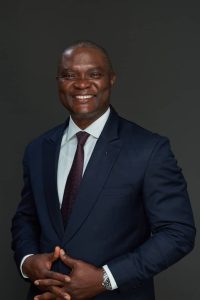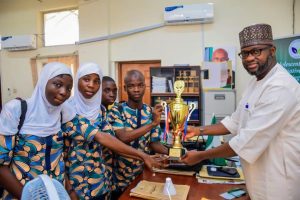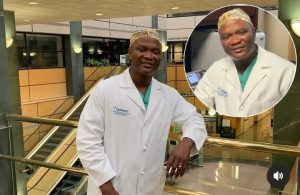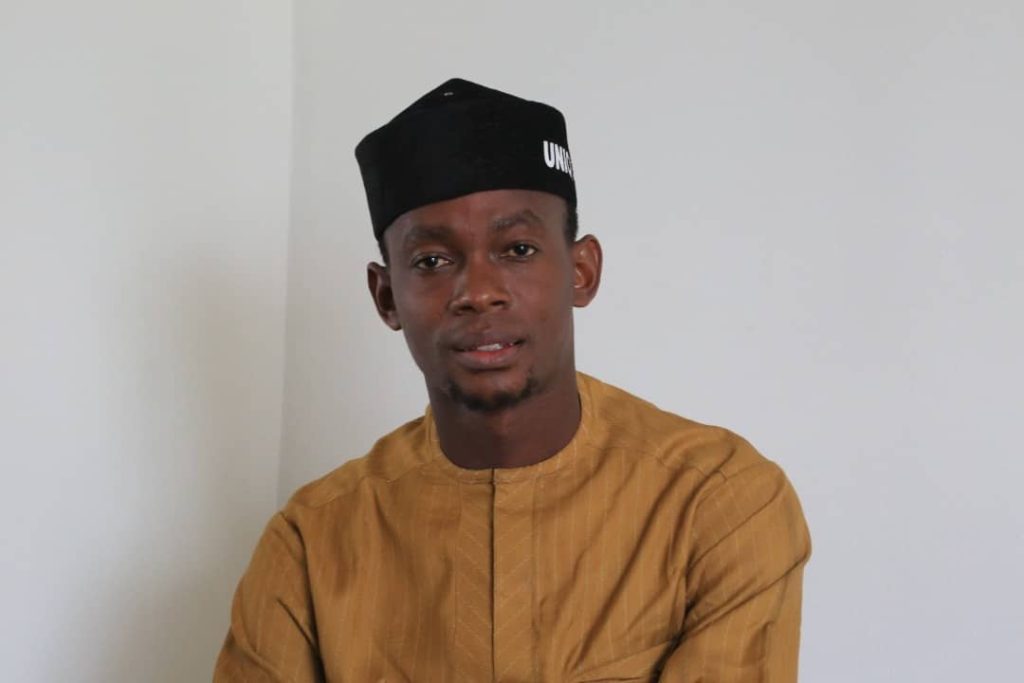By Basheer Luqman Olarewaju anipr
In the intricate world of professions, roles are often misunderstood, undervalued, or blurred into simplistic assumptions. This misunderstanding creates a gap in our appreciation of the specific expertise that different jobs demand. At the heart of this misconception lies the tendency to equate vastly different roles within related fields, such as engineers and artisans. While they often collaborate, their responsibilities, skills, and training are worlds apart. This confusion is not limited to these two fields—it is a universal problem that affects various professions, leaving many feeling unrecognized for the true value they bring.
Take the example of an engineer and an artisan. An engineer is a professional whose work begins with abstract ideas, theories, and problem-solving. They are trained to design, analyze, and oversee complex systems—be it a skyscraper, a bridge, or the wiring of an advanced machine. Their focus lies in ensuring functionality, safety, efficiency, and sustainability on a macro scale. For instance, when designing a power plant, an electrical engineer doesn’t just think about circuits; they consider the load demand, efficiency, environmental impact, and safety compliance.
On the other hand, artisans specialize in the hands-on execution of tasks. Their skills lie in the practical application of work, often focused on specific tasks. An artisan repairing a generator isn’t designing a new energy-efficient model; they’re expertly diagnosing and fixing what’s broken. Their knowledge is profound in their niche but doesn’t necessarily extend to the broader design or theoretical aspects. Yet, society often confuses these roles, expecting an engineer to perform repairs or an artisan to redesign machinery. This misconception undervalues both professions and undermines the expertise required for each.
This lack of understanding transcends technical fields. For example, consider the healthcare profession. A medical doctor is trained to diagnose, treat, and manage patient care. Their role focuses on clinical assessments, patient interaction, and the broader picture of human health. However, they rely on laboratory scientists to analyze samples and provide critical data. Expecting a doctor to perform laboratory work is as illogical as expecting the lab scientist to conduct surgeries. Both professions are integral to healthcare, yet distinct in their responsibilities and expertise.
Another example can be found in the field of linguistics. Linguists study the structure, history, and evolution of languages, often engaging in abstract theoretical work. However, expecting a linguist to possess immaculate handwriting, simply because they deal with words, is a misplaced assumption. The discipline demands intellectual rigor, not calligraphic perfection. Misunderstandings like this not only diminish the depth of each profession but also perpetuate stereotypes that limit innovation and collaboration.
At its core, this issue boils down to respect—respect for the expertise, training, and contribution of every professional. When society fails to understand the nuances of different jobs, it inadvertently disrespects the hard work, dedication, and sacrifice that professionals put into mastering their fields. Imagine the frustration of an engineer being called upon to fix a generator, only to be told they are “not practical enough.” Or the dismay of a linguist being dismissed because their handwriting isn’t “elegant enough.”
These are not just professional grievances; they are deeply personal. They speak to a lack of appreciation for what individuals bring to the table. It’s the emotional weight of being misunderstood, of feeling invisible despite the value you provide. Every profession contributes to the larger fabric of society, and every role deserves recognition for its unique importance.
The solution lies in fostering a culture of understanding and respect for professional diversity. This involves educating ourselves and others about the specific demands of different professions. It means recognizing that an artisan’s hands-on expertise is as valuable as an engineer’s theoretical knowledge. It means understanding that doctors, lab scientists, linguists, and every other professional have distinct but complementary roles.
Society thrives on this diversity. Without artisans, engineers’ designs would remain blueprints. Without lab scientists, doctors would lack critical diagnostic tools. Without linguists, the world would lose the understanding of culture and communication. When we learn to respect and value these differences, we not only bridge the gap of misunderstanding but also create a more harmonious and productive society.
As individuals, we must challenge ourselves to think beyond stereotypes and simplistic assumptions. Let us celebrate the brilliance of engineers who envision the impossible and the artisans who bring it to life. Let us honor doctors for their clinical expertise and laboratory scientists for their meticulous research. Let us appreciate linguists for their intellectual contributions and not judge them by their handwriting.
By doing so, we uplift each profession, ensuring that every professional feels valued and respected for the unique role they play in shaping our world. Let us remember: understanding is not just about knowledge; it is about empathy, curiosity, and the willingness to see the world through someone else’s perspective.
In the end, when we value every profession for what it truly is, we create a society where collaboration flourishes, innovation thrives, and every professional feels proud to contribute their piece to the grand puzzle of human achievement.













